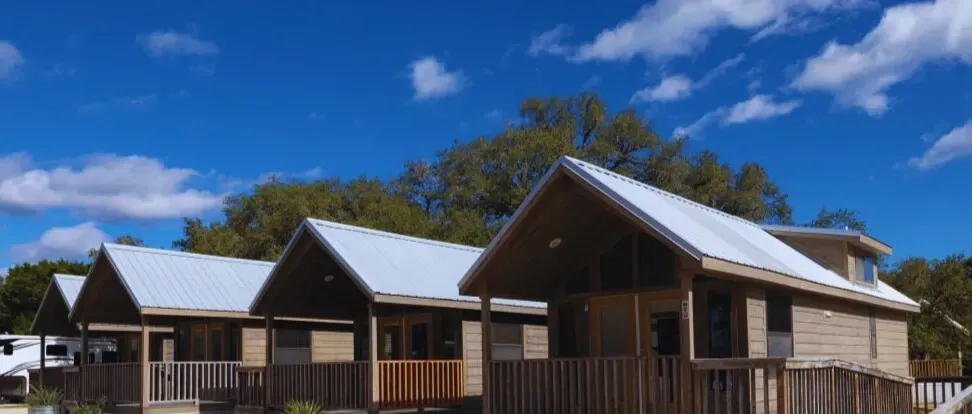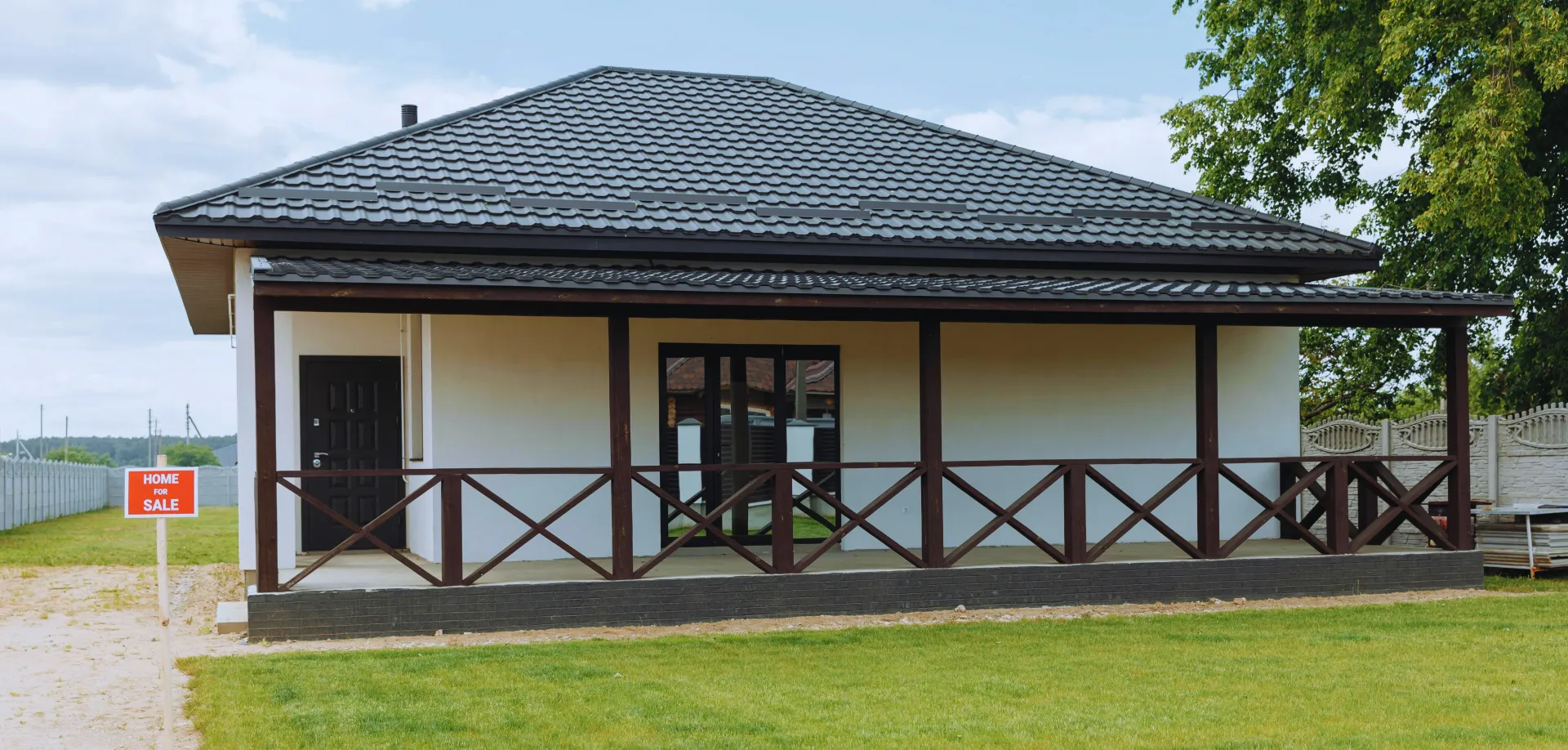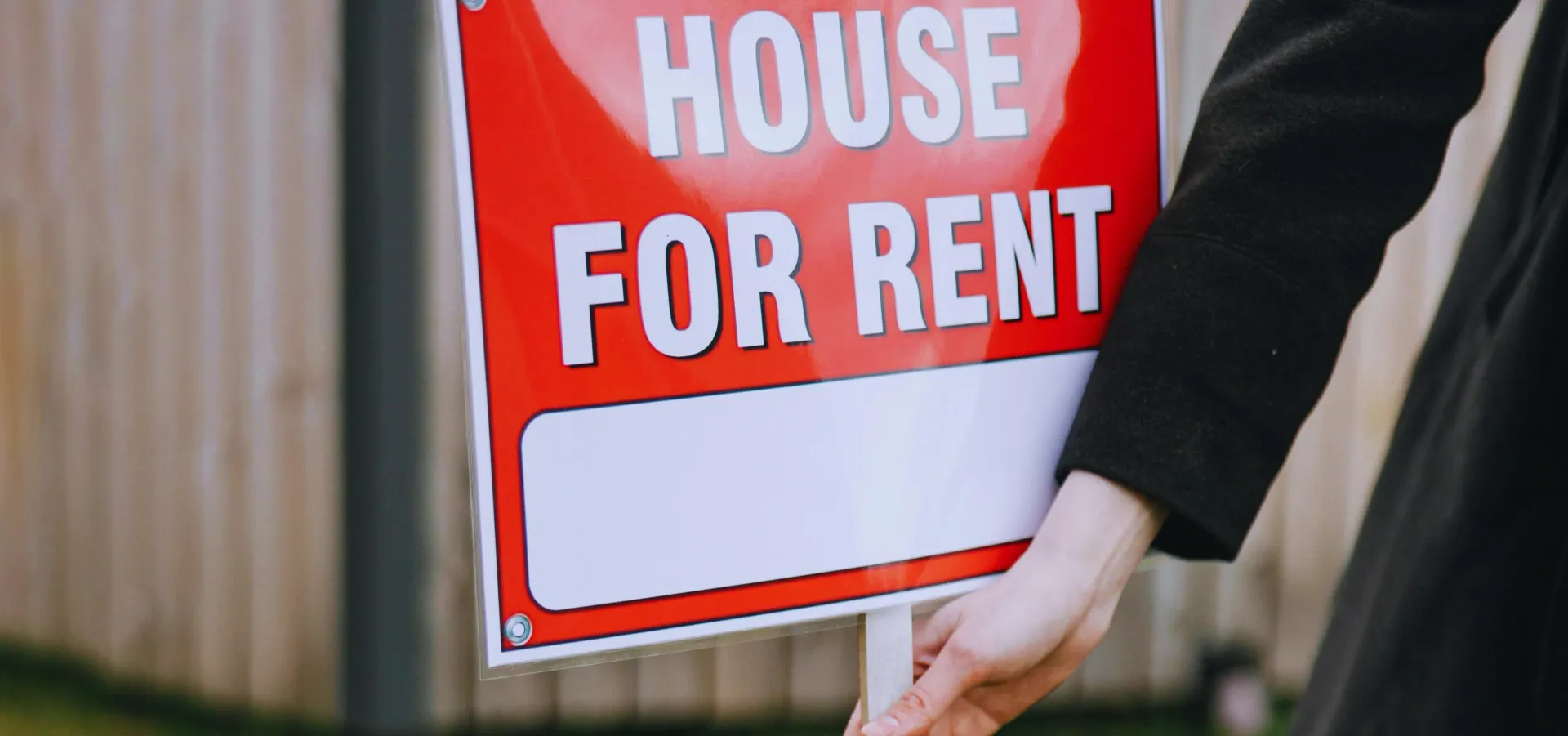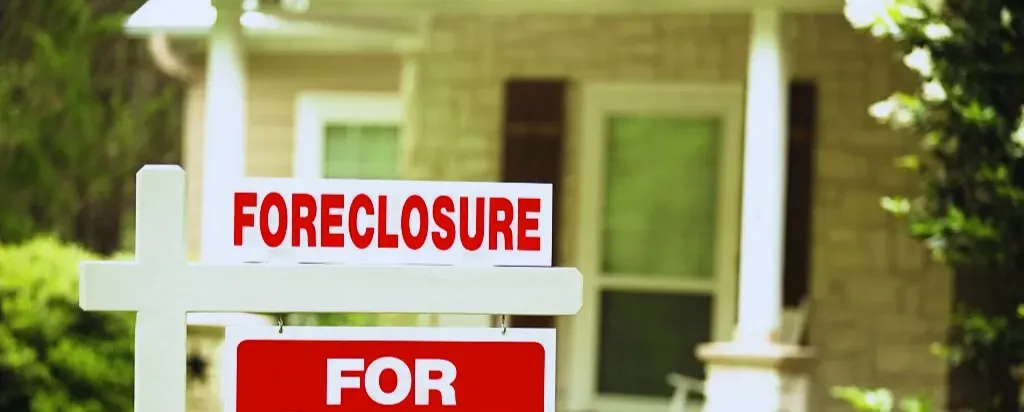Stuck on the Market? Here's Why Your Home Isn't Selling
Introduction
So, your home has been sitting on the market for weeks—or even months—with little to no interest. Every open house ends in silence. Every online inquiry goes nowhere. You start to wonder: What am I doing wrong?
Selling a home is a major life step, and it can be incredibly disheartening when your house just doesn’t budge. But don’t worry—you’re not alone, and the good news is, most problems have simple solutions. Let’s uncover the real reasons your property may be stuck and what you can do to turn the tide.
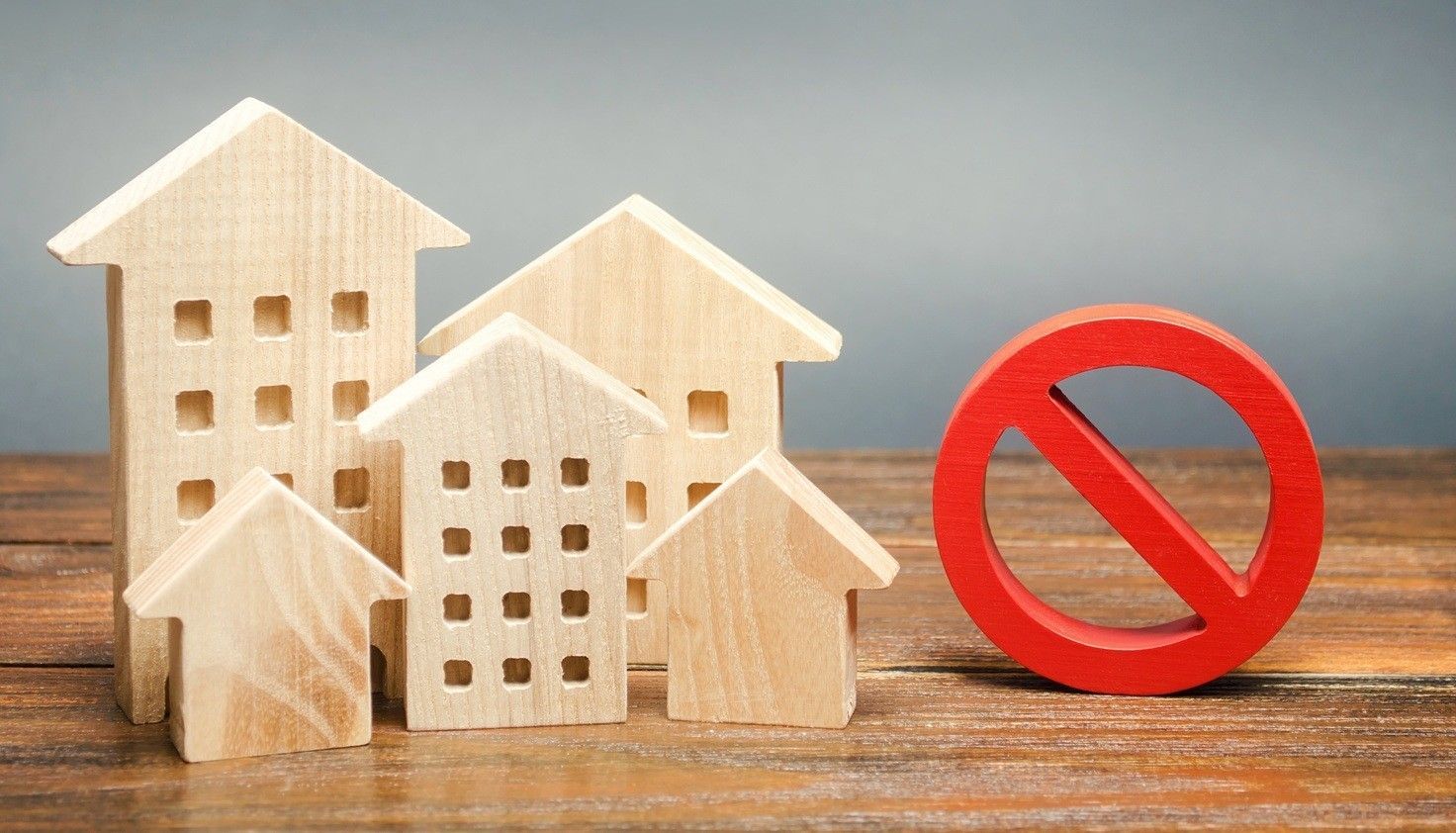
Stuck on the Market? Here's Why Your Home Isn't Selling
The first thing to recognize is that “time on market” is a red flag for buyers. If a home has been listed for too long, it creates doubt—even if there’s nothing wrong with the property.
Here are key signs your home may be stuck:
- No showings or visits
- High online views, but low engagement
- Buyers drop interest after touring
- Multiple price reductions with no bites
When you understand the cause, you can fix the issue. Let’s dive in.
Pricing Mistakes That Repel Buyers
Overpricing is the #1 reason homes don’t sell. It’s tempting to list high, hoping to get lucky—but today’s buyers are informed. They compare similar homes in the neighborhood and expect fair value.
Market Comparisons Matter:
If other homes in your area are selling for $400,000 and yours is listed at $450,000—without significant upgrades—buyers will walk away.
What You Can Do:
- Study recent comps in your neighborhood
- Ask for an honest market analysis from a trusted Realtor
- Consider reducing your price before the listing becomes stale
Poor Listing Photos and Lack of Virtual Tours
You’ve got one chance to make a great first impression—and online visuals are everything. Low-quality, dark, or outdated photos can kill buyer interest instantly.
Virtual tours are the new open house. In today’s market, buyers expect to “walk through” a home from their phones.
Solutions:
- Hire a professional real estate photographer
- Include drone shots and twilight photos
- Add a 3D virtual tour or video walkthrough
Bad Timing: When Did You List It?
Yes, timing matters in real estate. Certain months naturally attract more buyers. For example, spring and early summer tend to see more buyer traffic.
Also consider: If you listed during a local economic dip, holiday season, or around school schedules, that could impact traction.
Advice:
- Consult your Realtor about the best time to list
- Consider relisting during a stronger sales season if needed
Your Agent Might Not Be the Right Fit
A skilled real estate agent makes a huge difference. If your current agent is unresponsive, lacks marketing skills, or isn’t proactive, it may be time to switch.
Warning Signs:
- Poor communication
- No marketing plan
- Generic listing descriptions
Look for agents with local experience, digital marketing know-how, and a strong sales track record. Want a trusted connection? Try this Realtor for local expertise.
Outdated Interior or Exterior Appearance
Curb appeal matters. If your home looks tired from the outside, buyers might never make it through the front door.
Inside Matters Too:
Dated kitchens, worn flooring, or clashing wallpaper can turn off potential buyers, especially millennials and Gen Z shoppers.
Quick Fixes:
- Paint the front door and add fresh landscaping
- Swap out old hardware and fixtures
- Neutralize bold wall colors
Home Repairs Ignored or Hidden Issues
Even small issues like leaky faucets, cracked tiles, or a musty smell can scare away buyers. They see it as a sign of neglect—and they wonder what else is wrong.
Tip: Schedule a pre-listing inspection to identify and address potential red flags before buyers find them.
Ineffective Marketing Strategy
Is your home being promoted where buyers actually look? If not, that’s a problem.
Many agents simply list on the MLS and wait. But successful sales require targeted digital marketing, open houses, social media ads, and creative strategies.
If your listing lacks visibility, you’re missing out on buyers.
Unwillingness to Negotiate
Inflexibility can kill deals. If you're rejecting all offers under asking, you might be turning away serious buyers who would otherwise meet you halfway.
Negotiation isn’t a loss—it’s strategy. Sometimes accepting a slightly lower price results in faster closings and fewer costs.
Cluttered or Personalized Interiors
Buyers want to envision their lives in your home—not yours. Clutter, strong scents, family portraits, or bold design choices distract from that vision.
Declutter and Depersonalize:
- Remove excessive furniture
- Hide personal items
- Keep decor neutral and fresh

Negative Online Reviews or Word-of-Mouth
If your neighborhood, HOA, or even past tenants have left a trail of bad feedback online, buyers might get cold feet.
What Can You Do?
- Encourage neighbors or satisfied renters to leave positive feedback
- Address concerns openly in listing or during showings
Inflexible Showing Schedule
If buyers can’t view the home when it’s convenient for them, you’re missing out.
Avoid these mistakes:
- “Appointment only” restrictions
- Limited weekday availability
- Last-minute cancellations
Be as open and available as possible, or consider using a lockbox for flexible self-guided showings.
Local Market Oversaturation
In some areas, too many listings flood the market, making yours just another option.
How to Compete:
- Offer incentives like paying closing costs
- Make your home stand out with unique features
- Invest in better staging and photography
Economic or Interest Rate Fluctuations
High interest rates or recession fears can slow buyer activity. While you can’t control the economy, you can adjust your strategy.
If you're stuck, consider alternatives like rent-to-own or seller financing.
Lack of Emotional Connection for Buyers
Buyers decide with their hearts. If your home feels cold, dark, or lifeless, they won’t connect.
Create a Lifestyle:
Use staging to tell a story—set the table, play soft music during open houses, and let in natural light.
How a Professional Home Stager Can Help
Staging professionals understand psychology. They can transform your space to appear larger, brighter, and more welcoming.
Benefits:
- Homes sell faster and for more money
- Easier for buyers to visualize living there
- Your photos look 10x better
When to Consider Selling to a Home Buyer Company
If you're ready to move quickly and don’t want to deal with fixes or delays, a home-buying company might be your best bet.
Companies like this one can make cash offers and close in days—not months. This is a great option if you're facing foreclosure, relocating, or just tired of the waiting game.
FAQs About Homes Not Selling
Why is my home not getting any offers?
Your price may be too high, or your home isn't reaching the right buyers. Evaluate your photos, marketing, and listing strategy.
How long is too long for a home to be on the market?
Generally, more than 90 days can raise red flags for buyers unless you're in a slow market.
Should I change my real estate agent?
If they aren't responsive, proactive, or getting results, it's time to consider a switch.
Can staging really make a difference?
Absolutely. Staged homes often sell faster and for more money because they help buyers connect emotionally.
Is it worth lowering the price?
Sometimes a modest price drop brings in the right buyer. Always compare with similar local listings first.
What should I do if my home has been listed for months?
Reevaluate everything: price, agent, marketing strategy, and condition of the property. Sometimes a relisting strategy with fresh photos and a new price works wonders.
Conclusion
If your home has been stuck on the market, the issue is likely fixable. Whether it's pricing, presentation, or marketing, now you know exactly what to look for—and how to make changes that matter.
Start with an honest evaluation, team up with the right Realtor, and don’t be afraid to pivot your strategy. Your dream buyer might be just around the corner—you just need to give them a reason to fall in love.
Links


